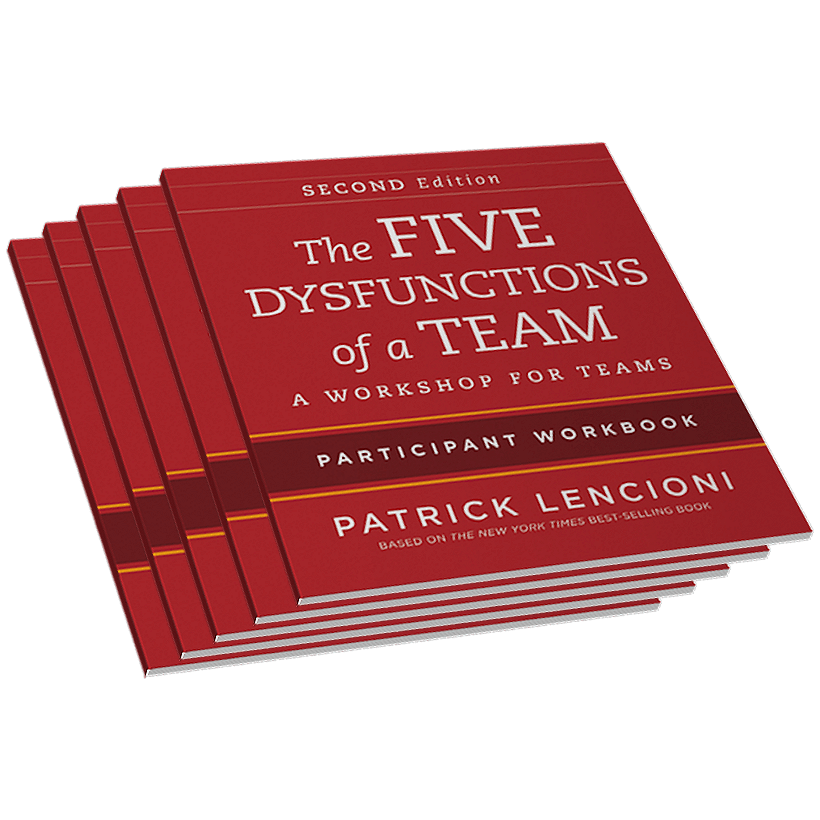The "Five Dysfunctions of a Team" is a model developed by leadership expert Patrick Lencioni to describe the common pitfalls that can prevent a team from achieving its goals. The five dysfunctions are:
Absence of trust: Trust is the foundation of any successful team. Without trust, team members may be hesitant to be vulnerable with one another, share their true thoughts and feelings, or take risks. This can lead to a lack of collaboration and cooperation within the team.
Fear of conflict: In a team where there is a lack of trust, team members may be afraid to engage in healthy conflict or debate. This can lead to a lack of creativity and innovation, as well as a lack of accountability.
Lack of commitment: Without open and honest communication and a clear sense of purpose, team members may be unsure of what is expected of them or how they fit into the team's goals. This can lead to a lack of commitment to the team's objectives.
Avoidance of accountability: If team members are not held accountable for their actions, it can lead to a lack of accountability and a lack of ownership for the team's outcomes.
Inattention to results: Without a focus on results, a team may become bogged down in the details and lose sight of the bigger picture. This can lead to a lack of progress and a lack of focus on the team's goals.
To overcome these dysfunctions, it is important for team leaders to create an environment of trust, encourage healthy conflict and open communication, establish clear goals and expectations, hold team members accountable, and focus on results. By addressing these dysfunctions, teams can become more effective and achieve their goals more effectively.

